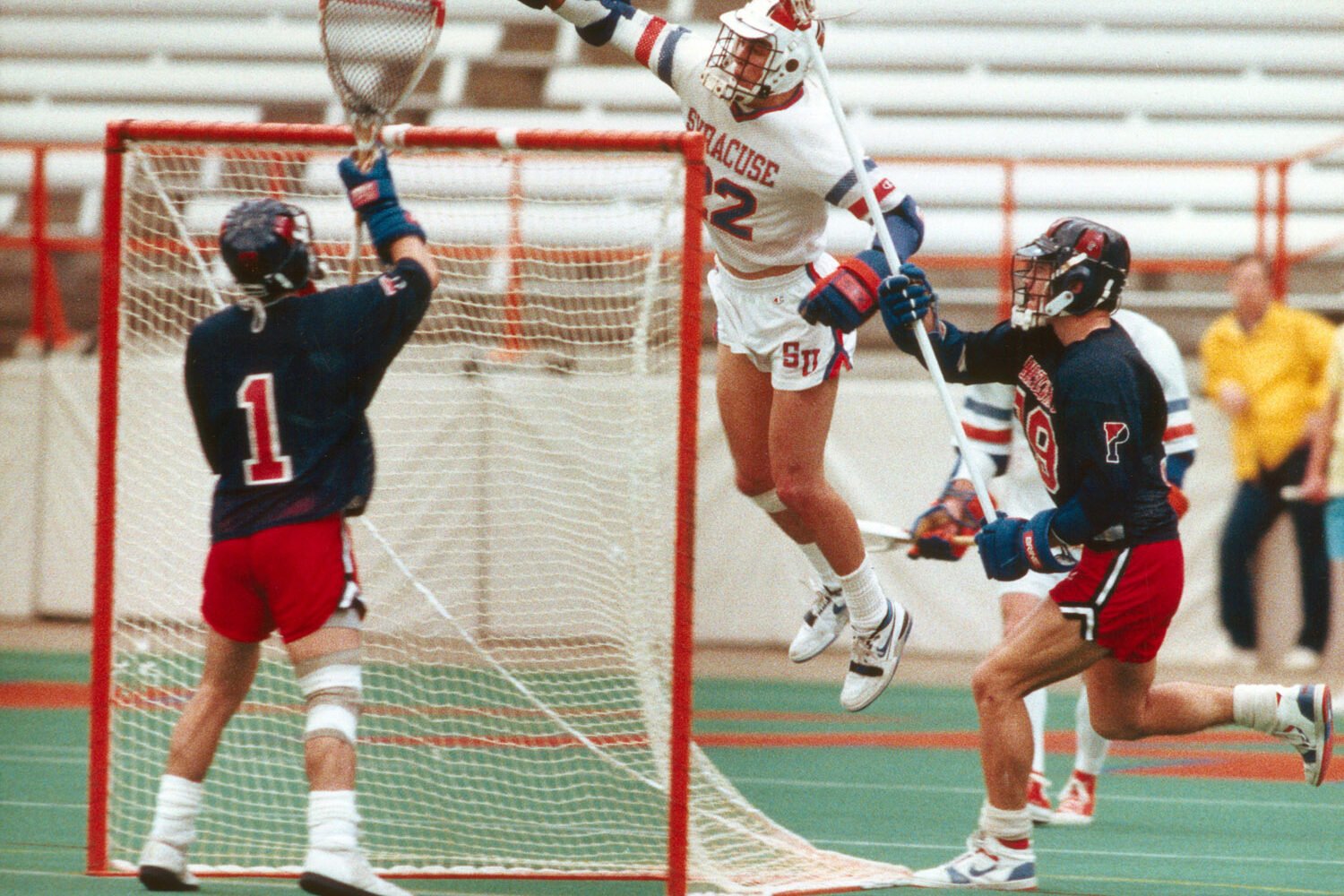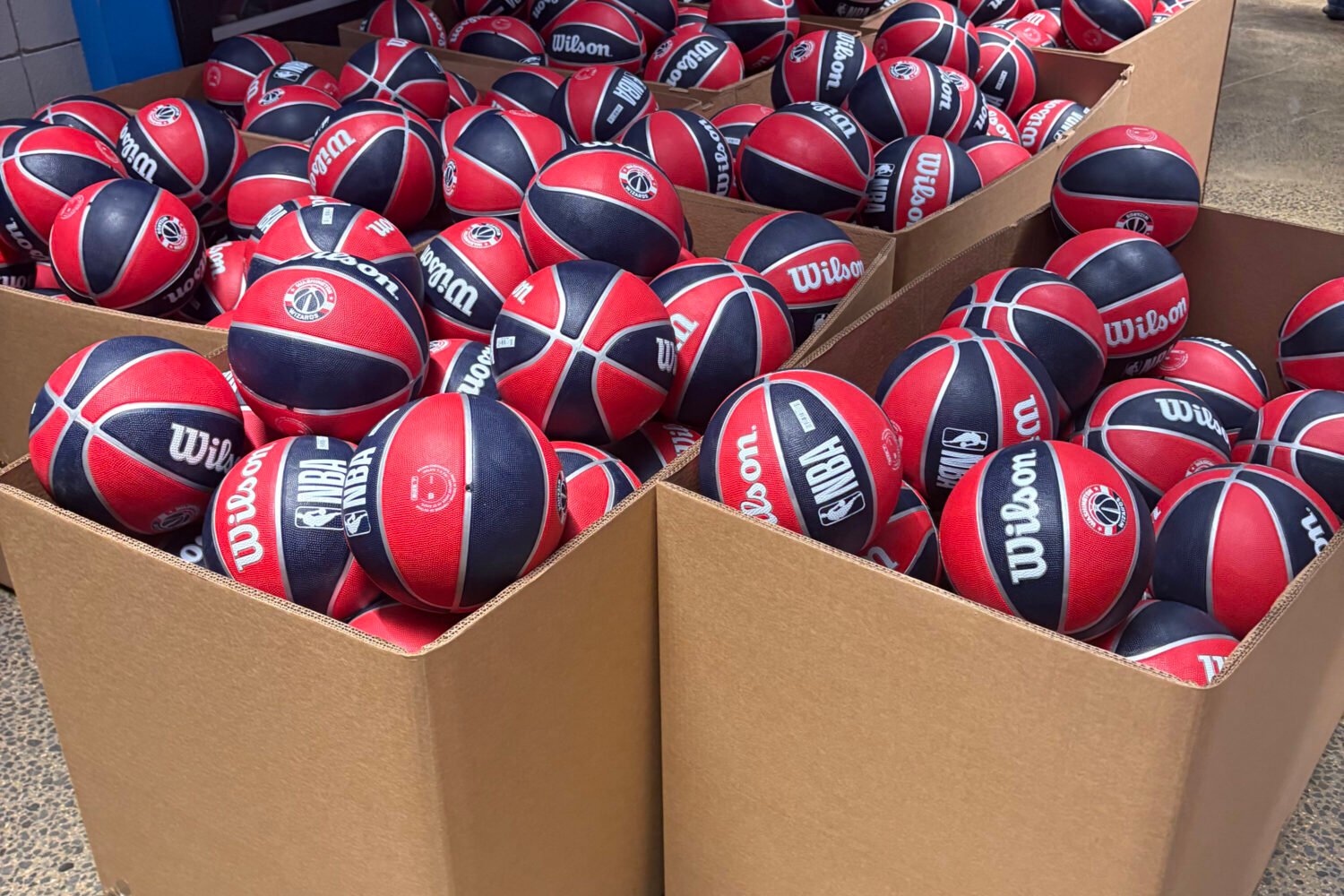What could the phrase “millennial-sensitive programming”—in the context of an arena football team—mean for the fan experience? Emoji on the scoreboard? Participation trophies just for buying a ticket? Trigger warnings before sacks?
Ted Leonsis wants to figure it out. The billionaire owner of the Wizards, Capitals, Mystics, and Washington’s as-yet-unnamed Arena Football League team wrote on his blog Wednesday that his newest outfit will appeal to millennials, America’s most beguiling demographic.
“I do think the AFL is a great place to start to be sensitive to a new community of people that love experiences, and don’t have cable television installed in their rental apartments,” Leonsis wrote. “They love real time, they love multi-screen, they love speed, and all things digital. They love to travel. They want to subscribe to experiences first with video and communications aside and a part of it.”
His partial listing of these millennial-friendly features definitely focuses on the digital: virtual-reality experiences, live-streaming games to phones, real-time data generation, and cameras on players’ helmets (who would also be wired for sound so the audience could hear every grunt).
It’s easy to make fun of a billionaire’s attempt to cater to the young-uns through arena football, a sport for NFL has-beens and team owners like Jon Bon Jovi and Gene Simmons. But it reflects a problem that nearly every professional sports league is facing: those millennials just aren’t watching them anymore.
According to ESPN, the average age of an NFL viewer is 47. The NBA is a little better off with 37, but the baseball fan’s average age has risen quickly all the way to 53. Perhaps it’s no surprise that, in early March, Leonsis announced the creation of a $10 million venture capital fund for startups focused on changing how people watch sports.
“[Millennials are] very impatient,” says Lisa Delpy Neirotti, associate professor of sport management at George Washington University. “Instead of sitting through three hours of cold weather, they could be at home doing two or three other things. They like to multi-task, and they like things fast.”
A long tradition of families watching sports together is dying off, she says, as young people gravitate toward smartphones and laptops instead. And when they get their own place, they might not even have a cable package. As television ratings decline, so do stadium visits.
So sports teams are trying to get them back by making a day at the ballgame more of a social event rather than one for hardcore, scorecard-obsessed fans. Smaller stadium suites are being replaced with larger “party” rooms, where people can socialize in a more bar-like atmosphere, with the game playing in the distant background. Companies like Electronic Arts are outfitting these places with video-game terminals, and Neirotti even sees stadium managers trying to advertise the perfect “selfie spot” at their park.
In his blog, Leonsis pontificates on the importance of this millennial “experience”: “A trip with friends to an exotic locale is way more important than a thing to own. Published pictures of the trip get way more likes and views than a picture of a material thing.
And for when they do turn their attention to the game, Leonsis makes sure to point how the AFL differs from the NFL—shorter, faster-paced games with more action and less time stoppage: “It’s a game designed for the digital age, not the TV age.”
But will it work, especially in an obscure league of filled with teams like the Arizona Rattlers, Orlando Predators, and the LA Kiss (Simmons’s team—and yes, it’s named after his band)?
“It’s gonna be a hard sell,” Neirotti says. “We do have a passionate football base here in DC, but there’s so many competing entertainment opportunities for millennials, and this is just one more.”
Leonsis’s team will begin playing at the Verizon Center in spring 2017. That leaves plenty of time to trot out the AFL-branded selfie sticks.

















